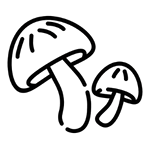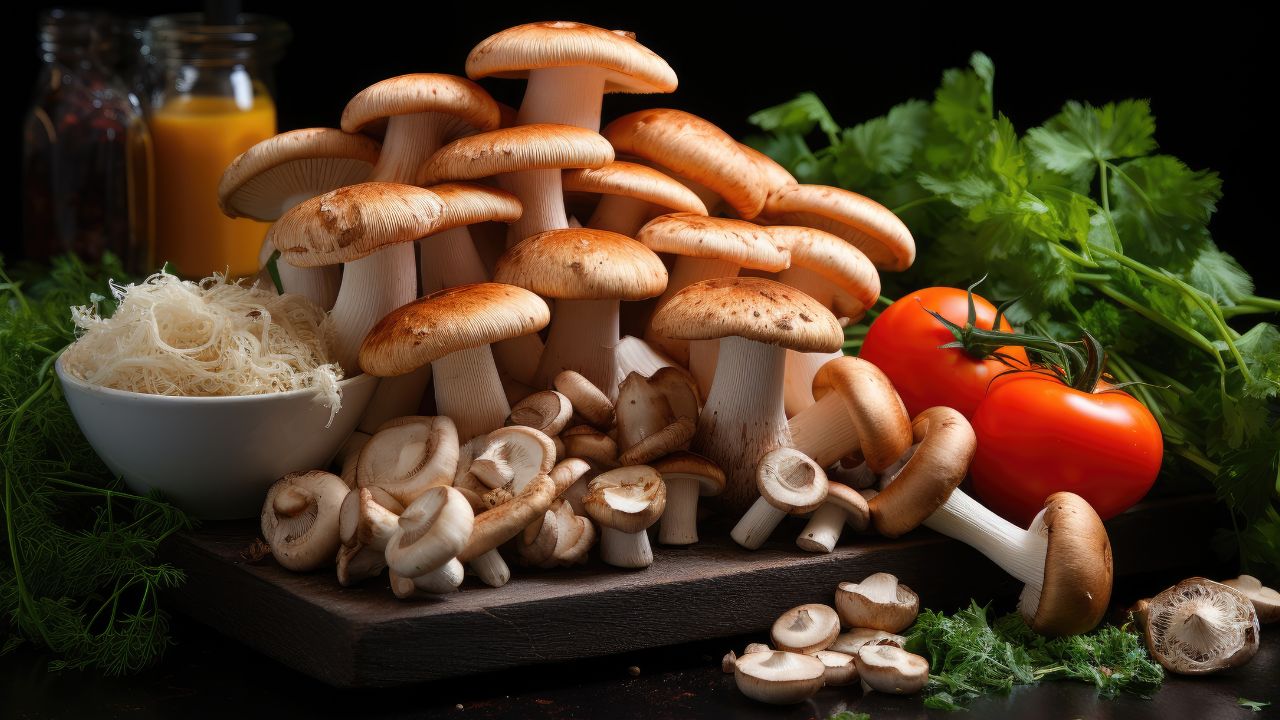Are Mushrooms Kosher? Dietary Guide & Insights
Are mushrooms considered kosher?
This is a question that has perplexed many who follow kosher dietary laws.
While mushrooms are widely enjoyed for their rich taste flavor and health benefits, it’s essential to have a clear understanding of their status in a kosher diet.
In this comprehensive guide, we will delve into the intriguing question of whether mushrooms are considered kosher.
Join us as we explore the insights and guidelines surrounding mushrooms in a kosher diet.
Contents
- 1 Are mushrooms considered kosher?
- 2 What are kosher dietary laws?
- 3 How are mushrooms classified?
- 4 Understanding Kosher Dietary Laws
- 5 The Classification of Mushrooms
- 6 Kosher Certifications and Mushroom Products
- 7 Potential Concerns: Bugs and Rust
- 8 Rabbi’s Opinions on Mushroom Consumption
- 9 Preparing Mushrooms in a Kosher Kitchen
- 10 Mushroom Substitutes in Kosher Cooking
- 11 Indigenous Cultural Practices and Kosher Mushrooms
- 12 FAQ
- 12.1 How can I identify kosher mushroom products?
- 12.2 Do I need to check mushrooms for insects or rust?
- 12.3 What do rabbis say about mushroom consumption?
- 12.4 How should I prepare mushrooms in a kosher kitchen?
- 12.5 Are there alternatives to mushrooms in kosher cooking?
- 12.6 What are the kosher considerations for mushrooms in different cuisines?
- 12.7 Can mushrooms be part of a kosher diet?
- 13 Conclusion
Key Takeaways
- Understanding the principles of kosher dietary laws is crucial for determining the kosher status of mushrooms.
- The classification of mushrooms is important to evaluate their kosher status accurately.
- Identifying kosher symbols on mushroom products and understanding the certification process is essential.
- Properly preparing mushrooms in a kosher kitchen is necessary to maintain their kosher status.
- Mushroom substitutes and indigenous cultural practices can help those looking for alternatives in kosher cooking.
Are mushrooms considered kosher?
Yes, mushrooms are generally considered kosher.
However, there are certain guidelines and considerations to keep in mind when including mushrooms in a kosher diet.
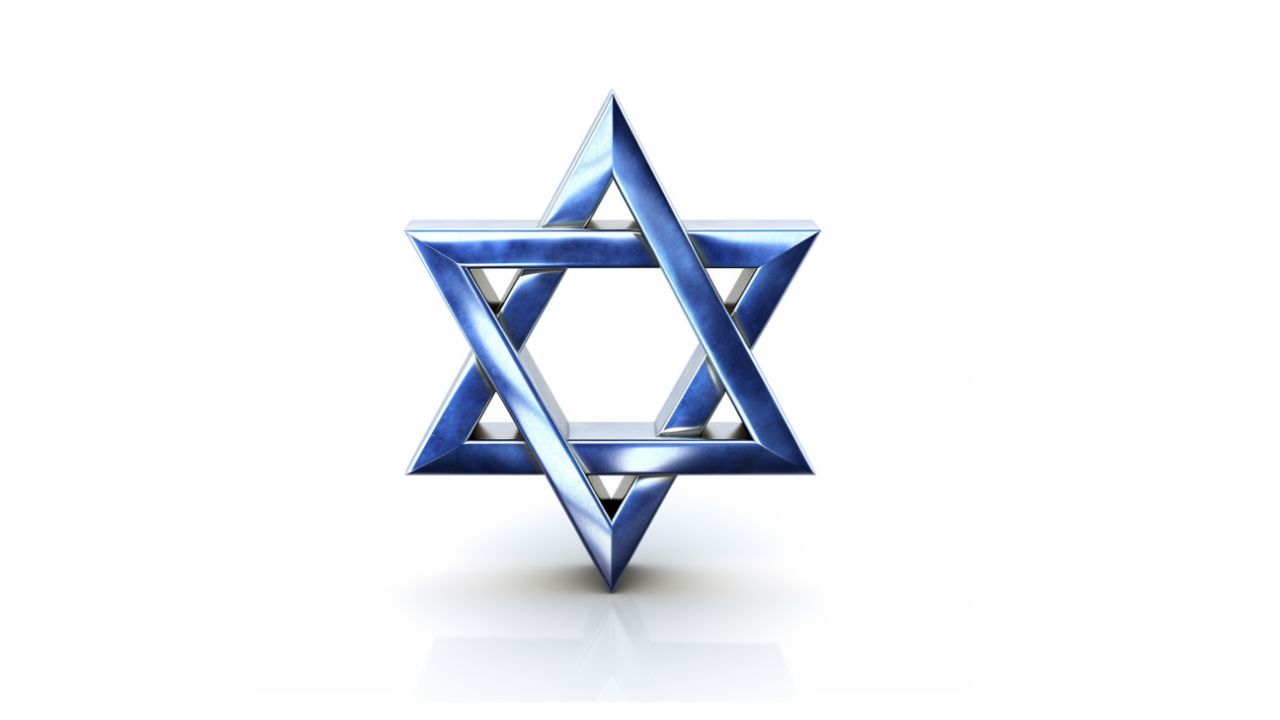
What are kosher dietary laws?
Kosher dietary laws are a set of regulations that determine what foods are considered kosher, meaning they are permitted to be consumed by those who follow Jewish dietary practices.
These laws dictate the types of animals, plants, and food preparation methods that are allowed.
How are mushrooms classified?
Mushrooms can be classified as either kosher or non-kosher based on their specific characteristics and how they are prepared.
It’s important to differentiate between edible mushrooms that are commonly consumed and those that may not meet the kosher guidelines.
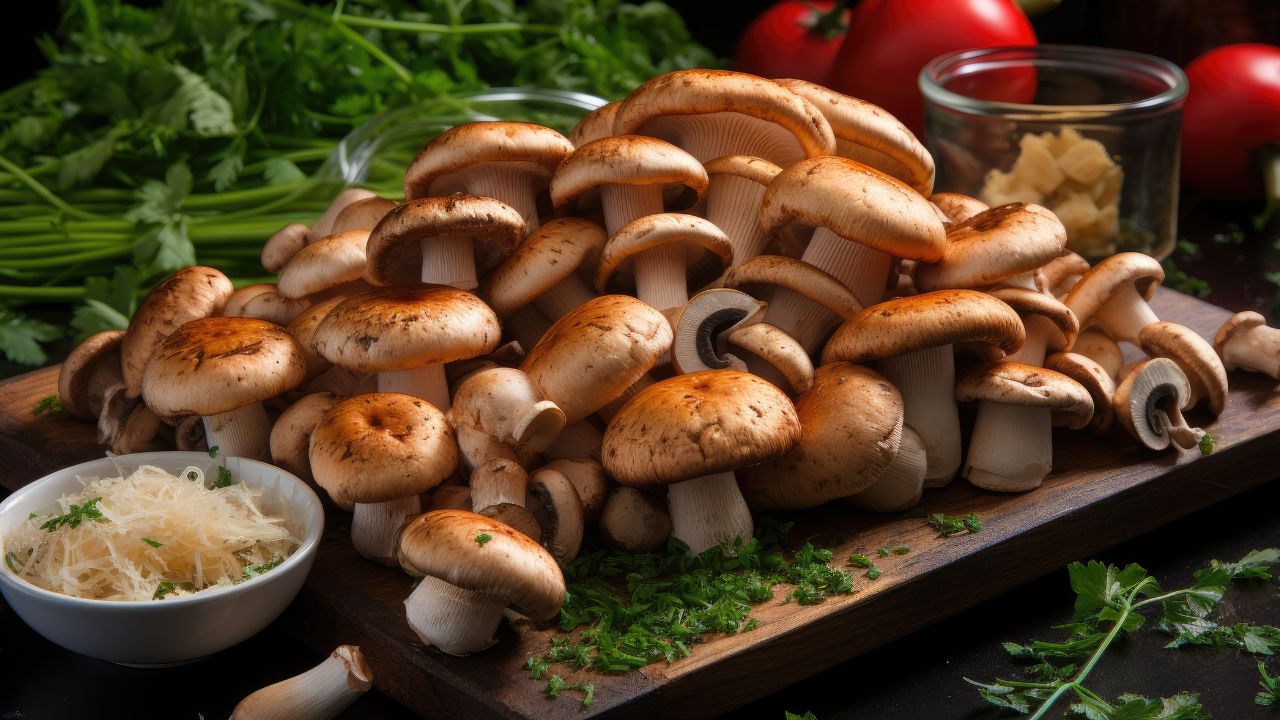
Understanding Kosher Dietary Laws
For those new to the concept of kosher food, it’s crucial to gain an understanding of the dietary laws that govern what is and isn’t considered kosher.
Kosher food regulations are rooted in Jewish traditions and beliefs and have been passed down through generations. These laws dictate what types of food can be consumed and how they must be prepared and served.
The most important aspect of kosher dietary laws is the requirement to separate meat and dairy food items.
This separation is so critical that there must be separate sets of dishes, cookware, and utensils for meat and dairy products.
Additionally, kosher regulations specify which types of animals are permissible for consumption, labeling them as either clean or unclean.
Kosher certification is another essential aspect of kosher dietary laws.
This certification refers to the rigorous process of ensuring that a food product adheres to kosher regulations.
It involves inspecting the production site and verifying that all ingredients utilized are kosher.
Kosher certification agencies may place a symbol on packaging to identify approved products. Consumers who follow kosher dietary laws rely on these symbols to make informed purchasing decisions.
The Seven Species
One of the core concepts of kosher dietary laws is the emphasis on certain specific types of food referred to as the Seven Species. These species are mentioned in the Torah as being particularly blessed and vital to Jewish rituals and traditions. They include:
- Wheat
- Barley
- Grapes
- Figs
- Pomegranates
- Olive oil
- Honey
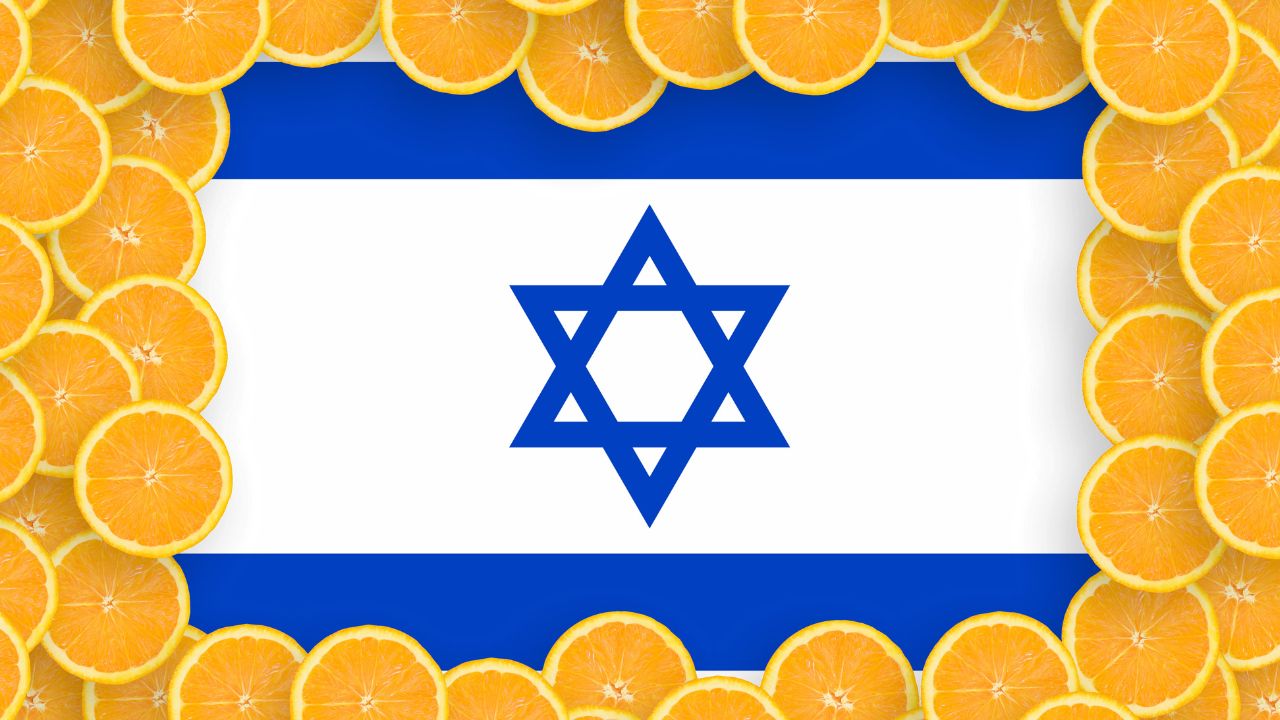
Kosher Dietary Restrictions
In addition to the strict separation of meat and dairy products, kosher dietary laws place many other restrictions on what can be consumed.
For example, blood is forbidden, and therefore meat must undergo a soaking and salting process to extract all the blood. Kosher regulations also prohibit the consumption of certain parts of an animal, including the sciatic nerve.
Shellfish, pork, and other forbidden foods commonly found in Western cuisine are also prohibited under kosher regulations.
Permissible seafood must have fins and scales, which disqualifies most shellfish.
Overall, kosher dietary laws are religious laws that govern how food is prepared and consumed.
By following these laws, individuals who adhere to kosher dietary regulations can feel confident that the food they consume adheres to strict religious laws and traditions.
The Classification of Mushrooms
Before we determine the kosher status of mushrooms, we need to understand the different types of mushrooms. Here is a table showcasing the classification of commonly consumed mushrooms:
| Mushroom Type | Kosher Status |
|---|---|
| Button | Generally accepted as kosher* |
| Portobello | Generally accepted as kosher* |
| Shiitake | Generally accepted as kosher* |
| Oyster | Generally accepted as kosher* |
| Enoki | Generally accepted as kosher* |
| Morel | Generally accepted as kosher* |
| Chanterelle | Generally accepted as kosher* |
| Truffle | Generally not accepted as kosher |
| Maitake/Hen of the Woods | Generally not accepted as kosher |
| Porcini/Cep | Generally not accepted as kosher |
Note: *Although these types of mushrooms are generally accepted as kosher, they still require proper cleaning and inspection to ensure there are no insect infestations present.
It’s essential to note that there may be exceptional circumstances where some mushrooms are not considered kosher. Therefore, it’s always best to confirm the kosher status of any mushroom variants before consumption. Next, we will discuss the various kosher certifications that you should look out for when purchasing mushroom products.
Kosher Certifications and Mushroom Products
When it comes to incorporating mushrooms into your kosher diet, the first step is to identify certified mushroom products. Kosher certification ensures that the product meets strict dietary guidelines and has been inspected and approved by a rabbinic authority.
Look for kosher symbols on the packaging of mushroom products, such as the OU (Orthodox Union) or Kof-K, to ensure that the product is certified kosher. These symbols indicate that the product has undergone a rigorous process to ensure that it meets kosher dietary laws.
It’s important to note that not all mushroom products are certified kosher. Carefully examining labels is crucial to ensure that the mushrooms are, indeed, kosher. In addition, some mushroom products may contain non-kosher ingredients, such as dairy or gelatin, so it’s important to check the ingredient list of any product you plan to purchase.
Kosher certification extends beyond mushroom products themselves. If you plan to incorporate mushrooms in a meal or dish prepared in a kosher kitchen, be sure that any other ingredients are also certified kosher. Utensils and cookware used in preparation should also be kept separate and designated for kosher use only.
Kosher Certification Organizations
| Kosher Certification Organizations | Symbol |
|---|---|
| Orthodox Union | OU |
| Kof-K Kosher Supervision | Kof-K |
| Star-K Kosher Certification | Star-K |
| COR Kosher Certification | COR |
In summary, identifying certified kosher mushroom products and understanding kosher certification organizations are vital to adhering to a kosher diet. Always check labels and consult with a rabbinic authority if you have any doubts about a product’s kosher status.
Potential Concerns: Bugs and Rust
In the production and harvesting of mushrooms, insect infestation and rust can frequently occur. However, under the kosher guidelines, removing insects and verifying the absence of rust on mushrooms is crucial before consumption. A lack of proper inspection can lead to violations of the kashrut, rendering the mushrooms unfit for consumption.
Kosher dietary laws mandate that insects and worms in mushrooms must be eliminated before consumption. Similarly, any rust found on the mushroom must be removed before cooking or eating.
While it may seem difficult to determine whether your mushrooms are insect-free and rust-free, there are a few tell-tale signs to look for that can help to confirm their quality. For insect inspection, a process called “checking” is necessary – where each mushroom is carefully inspected for signs of bug infestations. The suitable process for rust removal is to use a soft-bristle brush to clean it off gently.
How to Ensure Bug-Free Mushrooms:
Step 1: Fill a bowl with cold water and add a tablespoon of salt.
Step 2: Cut off the lower part of the mushroom stem.
Step 3: Soak the mushrooms in the saltwater for at least a half-hour.
Step 4: Take them out of the water and rinse well in a colander.
How to Ensure Rust-Free Mushrooms:
Rust Removal Steps Additional Notes Cut off the affected portion of the mushroom. This process will prevent the spread of rust onto the remaining parts of the mushroom. Gently brush the remaining parts with a soft-bristled brush, cleaning the inside and the cap of each mushroom. Ensure to remove all visible rust and wipe the mushroom with a damp towel afterward.
By ensuring that your mushrooms are insect-free and rust-free, you can consume them while adhering to kosher dietary laws.
Rabbi’s Opinions on Mushroom Consumption
Mushrooms have always raised interesting questions among the Jewish community, especially among kosher authorities. Some rabbis believe that mushrooms are not kosher due to their potential origin from non-kosher vegetation. Others, however, argue that mushrooms are kosher as they are fungi with different life cycles and origins.

The Controversies Surrounding Mushrooms
According to Rabbi Yisroel Belsky, mushrooms are considered kosher as long as they are free from any issues of insect infestation or kashrut. On the other hand, Rabbi Dr. Ari Zivotofsky and Rabbi Dr. Ari Greenspan argue that mushrooms are not considered kosher as they believe they may grow from unkosher matter. These differing opinions lead to significant confusion, and the broader community is wary of consuming mushrooms in their kosher dishes.
“It is important to highlight the fact that even among respected kosher authorities, there are various controversies that need to be addressed when it comes to mushrooms’ kashrut status,” says Rabbi Eli Gerber, the Kosher Overseer of the Orthodox Union (OU).
Ultimately, it is up to the individual and their Rabbi to decide whether to include mushrooms in their kosher diet.
Preparing Mushrooms in a Kosher Kitchen
When it comes to preparing mushrooms in a kosher kitchen, there are a few essential guidelines to follow. First and foremost, ensure that the mushrooms you purchase come from a reliable, kosher-certified source. Before using them, clean them thoroughly to remove any dirt or debris.
Next, consider the other ingredients you plan to use in your dish to avoid mixing dairy and meat products, which is prohibited in kosher food preparation. When incorporating mushrooms into a meat or dairy dish, ensure they do not compromise the kashrut status of the overall meal.
Furthermore, when chopping or slicing mushrooms, use separate utensils and cutting boards for meat and dairy products. This practice is referred to as “kashering,” and it helps to maintain the integrity of the kosher kitchen.
Finally, avoid using any non-kosher flavorings or seasonings when preparing your mushrooms. Stick to kosher-certified herbs and spices to maintain the kosher status of your dish.
Mushroom Preparation Tips:
| Tip | Action |
|---|---|
| Choose a reliable source | Select mushrooms from a kosher-certified supplier. |
| Clean them well | Thoroughly wash and dry the mushrooms to remove any potential impurities. |
| Separate utensils and cutting boards | Use different utensils and cutting boards for meat and dairy products to avoid mixing. |
| Check other ingredients | Ensure the mushrooms you use don’t compromise the kashrut status of your overall meal. |
| Stick to kosher flavorings | Only use kosher-certified herbs and spices when preparing your mushrooms. |
Following these preparation tips will help ensure that your mushrooms maintain their kosher status throughout the cooking process. By doing so, you can confidently incorporate mushrooms into your kosher meals and enjoy their delicious flavor and health benefits.
Mushroom Substitutes in Kosher Cooking
For those following a kosher diet and looking for mushroom alternatives, fear not, as there are many delicious and creative substitutes available.
Portobello Mushrooms: These meaty and flavorful fungi make an excellent substitute for mushrooms in burger patties, stews, and stir-fries.
Eggplant: When roasted or grilled, eggplant has a soft and creamy texture that can mimic the savoriness of mushrooms in pasta dishes and casseroles.
Tofu: Cubed tofu can be marinated and used in place of mushrooms in fajitas, tacos, and other similar dishes.
Seitan: Seitan has a meat-like texture that makes it a popular substitute for mushrooms in dishes that typically contain meat, such as stroganoff or shepherd’s pie.
With these mushroom replacements, kosher cooking can be just as flavorful and varied as traditional recipes.
Indigenous Cultural Practices and Kosher Mushrooms
Mushrooms have long been used in various indigenous cultural practices for their unique flavors and health benefits. From the medicinal mushrooms of traditional Chinese medicine to the culinary delicacies of European forests, mushrooms have played a prominent role in diverse cuisines worldwide.
However, when it comes to incorporating mushrooms into a kosher diet, there are certain considerations to keep in mind. For instance, some indigenous cultural practices may involve cooking methods or ingredients that are not permissible under kosher guidelines.
Mushrooms in Different Cuisines
Let’s take a closer look at some of the ways mushrooms are used in different cuisines:
| Cuisine | Mushroom Usage |
|---|---|
| Chinese | Reishi and shiitake mushrooms are commonly used for medicinal purposes, while wood ear mushrooms are frequently used in soups and stir-fries. |
| Italian | Porcini and truffle mushrooms are used extensively in Italian cuisine, with porcini often appearing in risottos and truffles added to pasta dishes. |
| French | The chanterelle mushroom is a prized delicacy in French cuisine, often used in sauces for fish and poultry dishes. |
Kosher Considerations
While the mushrooms themselves may be kosher, the ingredients and cooking methods used in specific dishes may not be in line with kosher guidelines. For example, some indigenous cultural practices may use non-kosher meat or seafood in mushroom dishes, or they may add non-kosher spices or flavorings.
Additionally, it’s essential to ensure that any mushrooms used in dishes are free of insect infestation and rust, which are common concerns in kashrut.
By understanding the culinary uses of mushrooms in various indigenous cultural practices and considering the kosher guidelines, individuals can appreciate these unique flavors while maintaining their adherence to kashrut.
FAQ
How can I identify kosher mushroom products?
Look for kosher certifications and symbols on mushroom products. These certifications indicate that the product has been inspected and approved by a reliable kosher certification agency. Familiarize yourself with the different kosher symbols to easily identify kosher mushroom products.
Do I need to check mushrooms for insects or rust?
Yes, as part of the kosher dietary laws, it is important to check mushrooms for insects and make sure there are no signs of rust. Follow proper inspection and cleaning procedures to ensure that the mushrooms are free from any contamination.
What do rabbis say about mushroom consumption?
Different rabbis may have varying opinions regarding the consumption of mushrooms. It is advisable to consult with a knowledgeable rabbi or kosher authority to understand their stance on this matter.
How should I prepare mushrooms in a kosher kitchen?
When preparing mushrooms in a kosher kitchen, it is crucial to follow proper kosher food preparation practices. This includes using kosher ingredients, utensils, and cookware, and ensuring that the preparation area is clean and free from any non-kosher contaminants.
Are there alternatives to mushrooms in kosher cooking?
Yes, there are various alternatives to mushrooms that can be used in kosher cooking. Some options include other types of vegetables, tofu, or textured vegetable protein (TVP), which can provide similar flavors and textures in your dishes.
What are the kosher considerations for mushrooms in different cuisines?
Different cuisines and indigenous cultural practices may have specific ways of incorporating mushrooms. It is important to understand the kosher guidelines and consult with a kosher authority to ensure that these cultural practices align with kosher dietary laws.
Can mushrooms be part of a kosher diet?
Yes, mushrooms can be part of a kosher diet when sourced from reliable suppliers and prepared in accordance with kosher guidelines. By following the principles outlined in this guide, you can confidently include mushrooms in your kosher meals.
Conclusion
When it comes to the question of mushrooms and their status in a kosher diet, a comprehensive understanding of kosher dietary laws and the guidelines surrounding mushroom consumption is crucial. By following the insights and guidelines we’ve provided in this guide, you can confidently incorporate mushrooms into your kosher meals.
Remember to ensure all mushrooms are bug-free and free from rust, and to only purchase mushroom products with reliable kosher certifications and symbols. Properly preparing mushrooms in a kosher kitchen is also essential to maintain their kosher status.
For those seeking alternatives to mushrooms in kosher cooking, there are various substitutes available with similar flavors and textures.
Finally, when exploring the inclusion of mushrooms in different cuisines and indigenous cultural practices, it’s essential to consider the intersection between these customs and the kosher guidelines.
Overall, mushrooms can be a valuable and delicious addition to a kosher diet when obtained from reliable sources and prepared in accordance with kosher dietary laws.
